By: www.nst.com.my/ Oswald Timothy Edward
Minister Dr Maszlee Malik has given the assurance that the Malaysia Education Blueprint 2013-2025 and the Malaysia Education Blueprint 2015-2025 (Higher Education) are here to stay. This is a relief.
The Malaysia Education Blueprint 2015-2025 (Higher Education) incorporates elements to tackle the uncertainty of the Fourth Industrial Revolution (4IR). As such, the Higher Education Framework 4.0 has been established to address the issues and challenges of 4IR. The framework is more specific compared with the Malaysia Education Blueprint 2015-2025 (Higher Education).
Universities have been instructed to change their curriculum and delivery system to ensure that students have jobs upon graduation. One of the measures is to produce holistic, balanced and entrepreneurial graduates who can adapt and fill jobs.
To face the challenges of 4IR, with its complex environmental, social and economical pressures, young people need to be creative, innovative, enterprising and adaptable with the motivation, confidence and skills to use critical and creative thinking meaningfully.
Critical and creative thinking gets students to think broadly and deeply by using skills, behaviours and dispositions, such as reason, logic, resourcefulness, imagination and innovation, in learning, both on and off campus.
A thinking process that is productive, purposeful and intentional is at the centre of effective learning. By applying a sequence of thinking skills, students develop an increasingly sophisticated understanding of the processes they can use when they encounter problems, unfamiliar information and new ideas.
Critical thinking is at the core of most intellectual activity that involves students learning to recognise or develop an argument, use evidence in support of that argument, draw reasoned conclusions and use information to solve problems. Examples of critical thinking skills are interpreting, analysing, evaluating, explaining, sequencing, reasoning, comparing, questioning, inferring, hypothesising, appraising, testing and generalising.
Creative thinking involves students learning to generate and apply new ideas in specific contexts, view situations in a new way, identify alternative explanations, and see or make new links that generate a positive outcome. This includes combining parts to form something original, sifting and refining of ideas to discover possibilities, constructing theories and objects, and acting on intuition.
Critical and creative thinking involves communicative processes that develop flexibility and precision. Communication is integral to each of the thinking processes.
We should reflect whether our education system is steering children away from their passion by creating test-taking robots whom we think will become working stiffs rather than visionary thinkers, creators and innovators.
When an educator gives a test, he is trying to measure students’ ability to recall and apply information learnt over a period of time. The exams make it relatively straightforward: did the student get an answer right or wrong? Was mastery of skills demonstrated?
The process of teaching and learning has to change. Under Learning and Teaching 4.0, there are four aspects: learning spaces should be redesigned; different kinds of pedagogies are needed; curriculum must be fluid and organic; and, all the aspects should incorporate the latest learning and teaching technologies.
To face the challenges of 41R, educational services need to be radically improved. In particular, we need to inculcate creative and critical thinking, and drive greater innovation and competition in education.
A sound creative and critical thinking process is imperative to social progress.
It is with our thoughts that we shape the world — thinking creatively shapes social and cultural structures.
It affects the way blame is placed, the way ideas of right and wrong is developed, the way leaders are elected and the way we understand our place in the world as individuals and collectively.
OSWALD TIMOTHY EDWARD
Faculty of Business and Management, UiTM Johor
*Fuente: https://www.nst.com.my/opinion/letters/2018/07/392823/creative-critical-thinking-key


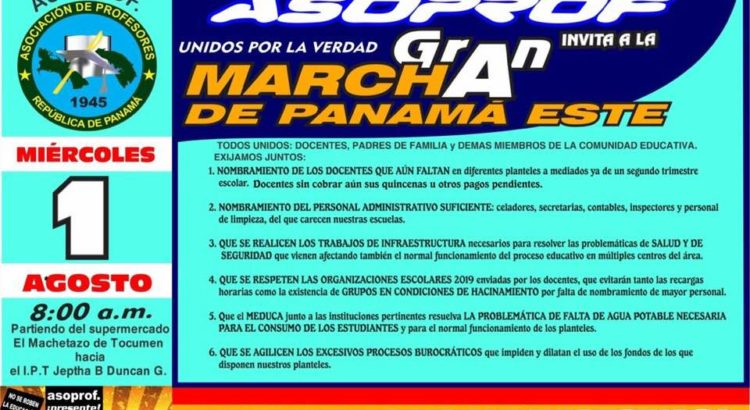

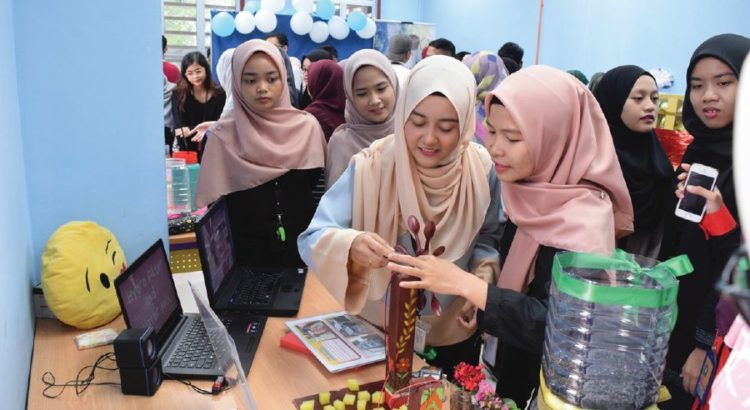
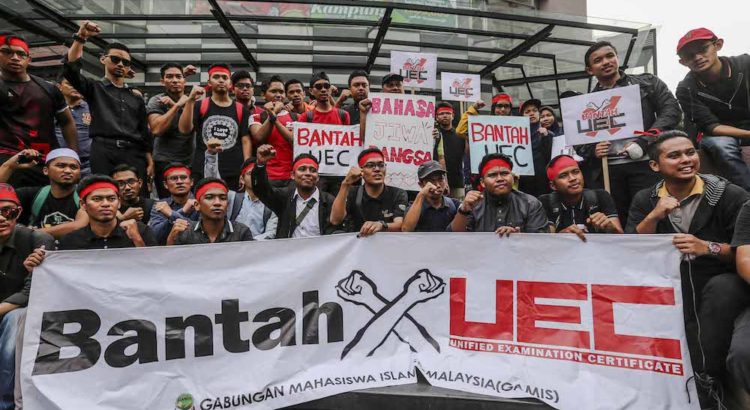

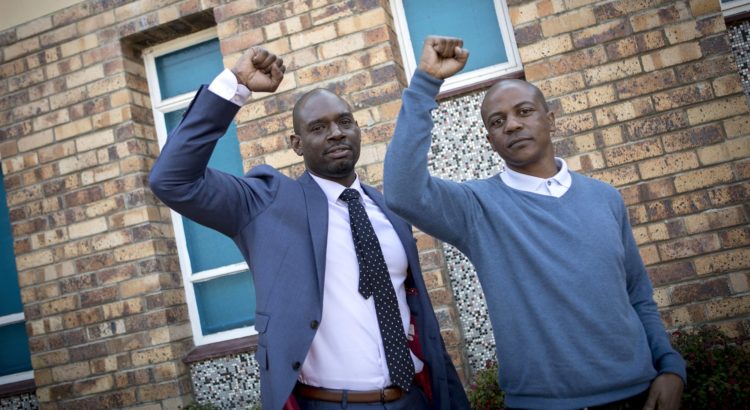
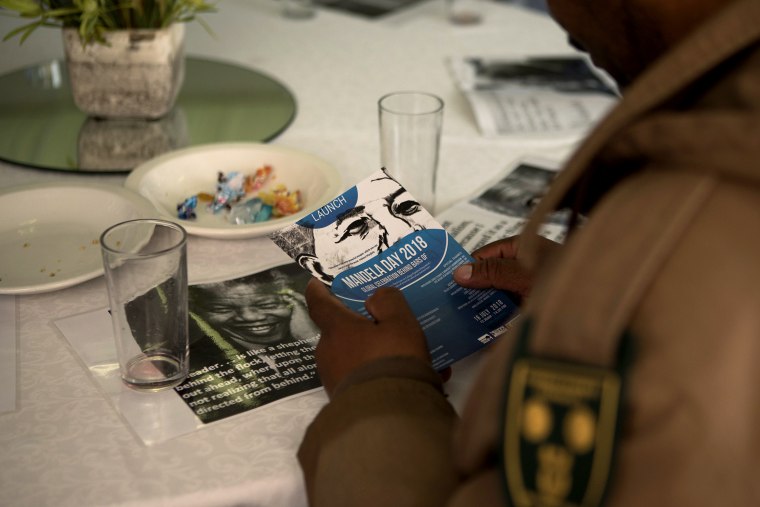
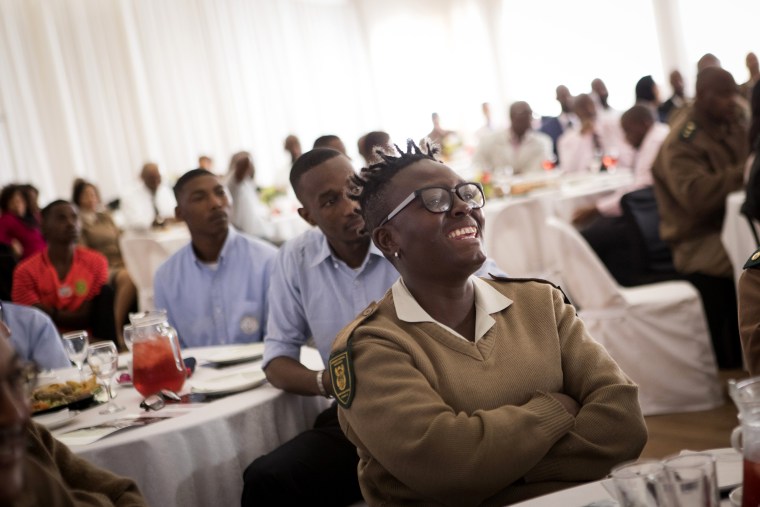
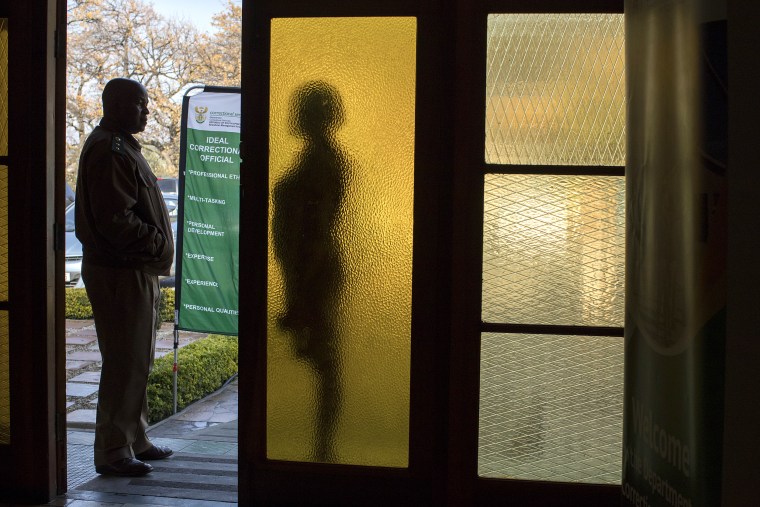
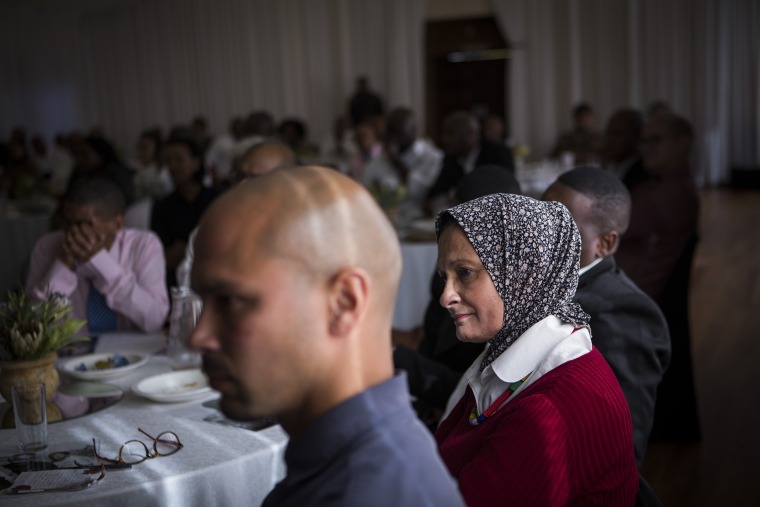
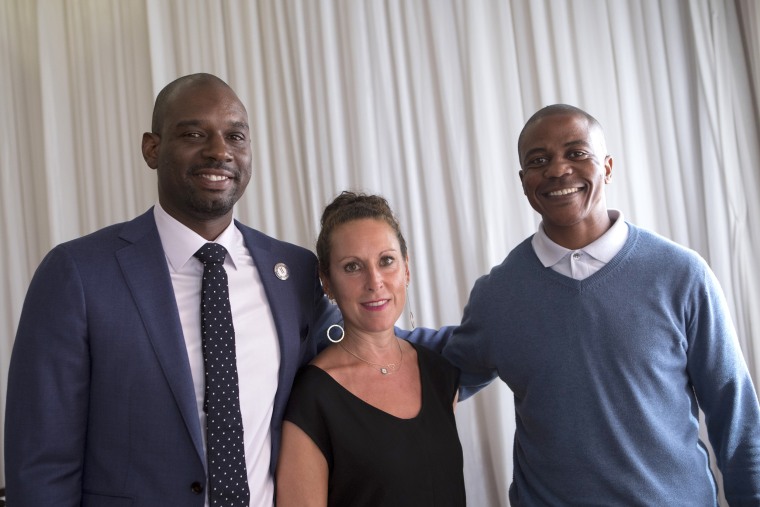







 Users Today : 58
Users Today : 58 Total Users : 35419237
Total Users : 35419237 Views Today : 68
Views Today : 68 Total views : 3353359
Total views : 3353359